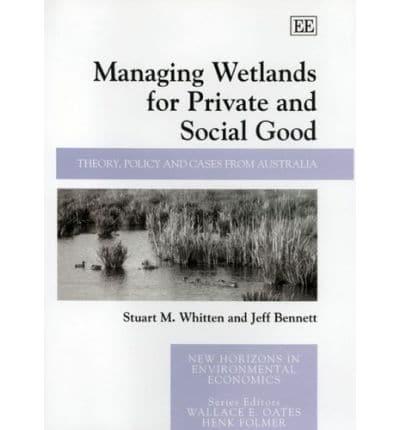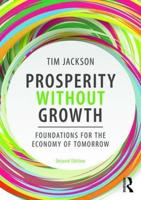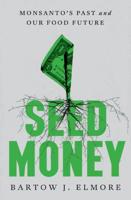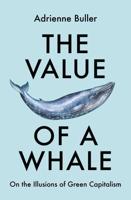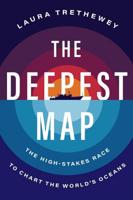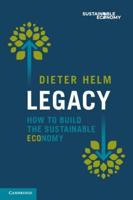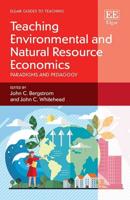Publisher's Synopsis
The management of natural resources located on private lands often involves a perceived conflict between the mix of private and public benefits they produce. This book is focused on one such issue: the design of policy relating to the production of wetland outputs in order to maximize private and social welfare.
The authors first address the welfare impacts of alternative wetland management strategies on the wider community. They then concentrate on privately owned wetlands in Australia and find that they generate substantial public benefits. Furthermore, they are able to identify cost-effective avenues to increase these benefits. The authors then turn their attention to the integration of policy costs in decision-making and the implications for wetland policy. They highlight the fact that policy development and implementation is a costly process and in some cases can even outweigh the net benefits available from increasing wetland production.
This important new book develops theory and policy for the provision of public goods from private land, and applies this to case studies of wetlands in Australia. It will be of great interest and practical value to environmental economists and policy makers working on the theory and application of economics to policy development. It will also appeal to environmental NGOs concerned about the effective production of environmental goods.
